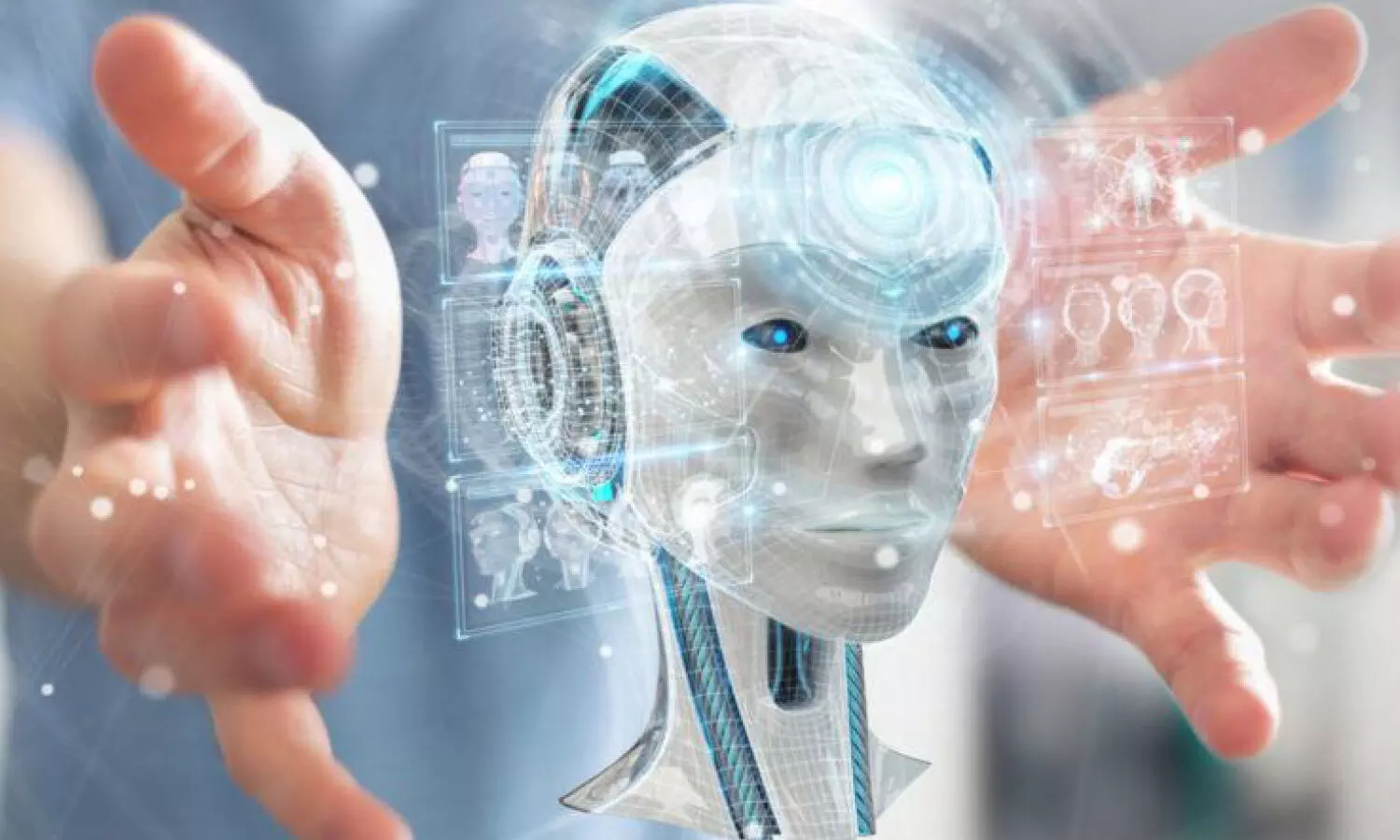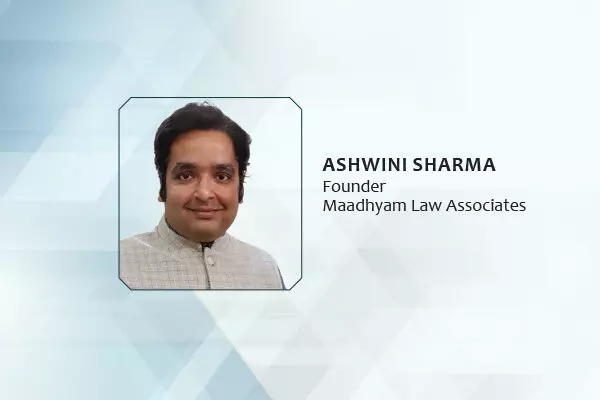- Home
- News
- Articles+
- Aerospace
- Artificial Intelligence
- Agriculture
- Alternate Dispute Resolution
- Arbitration & Mediation
- Banking and Finance
- Bankruptcy
- Book Review
- Bribery & Corruption
- Commercial Litigation
- Competition Law
- Conference Reports
- Consumer Products
- Contract
- Corporate Governance
- Corporate Law
- Covid-19
- Cryptocurrency
- Cybersecurity
- Data Protection
- Defence
- Digital Economy
- E-commerce
- Employment Law
- Energy and Natural Resources
- Entertainment and Sports Law
- Environmental Law
- Environmental, Social, and Governance
- Foreign Direct Investment
- Food and Beverage
- Gaming
- Health Care
- IBC Diaries
- In Focus
- Inclusion & Diversity
- Insurance Law
- Intellectual Property
- International Law
- IP & Tech Era
- Know the Law
- Labour Laws
- Law & Policy and Regulation
- Litigation
- Litigation Funding
- Manufacturing
- Mergers & Acquisitions
- NFTs
- Privacy
- Private Equity
- Project Finance
- Real Estate
- Risk and Compliance
- Student Corner
- Take On Board
- Tax
- Technology Media and Telecom
- Tributes
- Viewpoint
- Zoom In
- Law Firms
- In-House
- Rankings
- E-Magazine
- Legal Era TV
- Events
- Middle East
- Africa
- News
- Articles
- Aerospace
- Artificial Intelligence
- Agriculture
- Alternate Dispute Resolution
- Arbitration & Mediation
- Banking and Finance
- Bankruptcy
- Book Review
- Bribery & Corruption
- Commercial Litigation
- Competition Law
- Conference Reports
- Consumer Products
- Contract
- Corporate Governance
- Corporate Law
- Covid-19
- Cryptocurrency
- Cybersecurity
- Data Protection
- Defence
- Digital Economy
- E-commerce
- Employment Law
- Energy and Natural Resources
- Entertainment and Sports Law
- Environmental Law
- Environmental, Social, and Governance
- Foreign Direct Investment
- Food and Beverage
- Gaming
- Health Care
- IBC Diaries
- In Focus
- Inclusion & Diversity
- Insurance Law
- Intellectual Property
- International Law
- IP & Tech Era
- Know the Law
- Labour Laws
- Law & Policy and Regulation
- Litigation
- Litigation Funding
- Manufacturing
- Mergers & Acquisitions
- NFTs
- Privacy
- Private Equity
- Project Finance
- Real Estate
- Risk and Compliance
- Student Corner
- Take On Board
- Tax
- Technology Media and Telecom
- Tributes
- Viewpoint
- Zoom In
- Law Firms
- In-House
- Rankings
- E-Magazine
- Legal Era TV
- Events
- Middle East
- Africa

AI Generated Output Should Not Be Granted Copyright Protection
AI Generated Output Should Not Be Granted Copyright Protection

AI Generated Output Should Not Be Granted Copyright Protection Generative AI is a type of software that has gripped the curiosities of the industry and the legal community alike. This begs the question of whether works produced by it should get legal protection in the same manner as films, music, books and the like get. Copyright is merely a ‘statutory right’, which means it is not...
To Read the Full Story, Subscribe to Legal Era News
Access Exclusive Legal Era Stories, Editorial Insights, and Expert Opinion.
Already a subscriber? Sign in Now
AI Generated Output Should Not Be Granted Copyright Protection
Generative AI is a type of software that has gripped the curiosities of the industry and the legal community alike. This begs the question of whether works produced by it should get legal protection in the same manner as films, music, books and the like get.
Copyright is merely a ‘statutory right’, which means it is not the same as a ‘fundamental right’, such as for e.g., the right to free speech. A fundamental right is a right that exists even if there is no law granting such a fundamental right. It comes attached with being a human. On the other hand, a statutory right is a right that exists only if there is a law that creates such a right.
This means that extending copyright to works produced by generative AI, is merely a matter of the Indian parliament making suitable amendments to the Indian Copyright Act, 1957. However, should the Indian parliament do so, is something that deserves examination, for which it is necessary to revisit concepts underlying copyright protection.

The very first copyright law, anywhere in the world, viz., Statute of Anne, 1710, an act of England, granted copyright protection to authors by outlawing piracy. That law intended to encourage ‘learned men (and women) to compose and write useful books.’1 (words in bracket are my additions).
Statue of Anne expressly recognized both, the financial incentive, as well as, the importance of knowledge generation. That’s why the Statute outlawed ‘piracy’ to ensure that authors alone make all financial gains from the publication and distribution of their creations by excluding everyone else not permitted by the author. In other words, copyright protection exists to safeguard the money that creators could make from their creations.
The year in which the law was legislated also indicates that the industrial and imperial complex was hungering for new avenues to grow and extend their respective projects, for which production of new knowledge was a necessity. The results of providing copyright protection went in parallel with large-scale expansion of the industrial sector in England and also the English empire.
On the other hand, Generative AI produces works without any financial incentives. Generative AI produces works because it has been coded to do so upon receiving inputs. While a human author may want to write a screenplay hoping to sell it to a film-maker, generative AI would do so only because it is designed to do so, and after it has been prompted to do so, provided the subscription fee (if any) is paid in prior. Even though there is no express copyright protection to AI generated works, still chatGPT does not hesitate to produce output fearing unauthorized publication or loss of money to piracy. Therefore, the rationale of financial incentive behind granting copyright protection is non-existence in the case of generative AI.
As far as the entity owning the generative AI is concerned, one may say that they have a financial incentive. However, that financial incentive is exhausted upon payment of subscription charges (if any) for using the generative AI. It cannot be stated that said financial incentive is in connection with what the generative AI produces, over which the copyright question assumes relevance.
Secondly, generative AI does not create new information or knowledge as it uses existing information and knowledge and regurgitates it in accordance with how it is coded. For e.g., when chatGPT produces an essay on history, then the software is merely using computational power to sift through multiple permutations and combinations of arranging texts that match the data patterns associated with the query. In other words, generative AI peruses humongous amounts of texts and data to regurgitate responses suitable to the data patterns detected by the generative AI during the process of sifting.
The vastness of the underlying database means that generative AI is not relying or copying any single piece of text. Therefore, generative AI appears to be creative although it is not. It is artificial creativity. It is able to connect the dots only as per pre-defined rules. It cannot connect the dots present in new data, or between new and old data. It also needs to be fed copies of data to train and retrain itself.
To an ordinary layman, not familiar with the dots connected by generative AI, it would appear as if the work produced is creative. However, a sufficiently informed person of above-average knowledge and intellect, aware of the pre-existing dots, would see through the results produced by it as generic.
To put it simply, generative AI is like a public library with a very fast personal assistant. On being queried, the assistant manages to quickly run around the public library going through texts that match the query, in a way that the generative AI has been coded, and brings the results to you in seconds.
Therefore, it’d be safe to say that not granting copyright protection to AI generated works will not be a loss, in any form, to humanity, because generative AI merely connects the pre-existing dots, without producing new information or knowledge. Therefore, the public interest in providing copyright protection to AI generated works is minimal.
At the same time, it must be remembered that today, generative AI softwares like chatGPT have been possible solely because of easy availability and access to a vast amount of information and data that is freely available on the internet. It is this information that serves as the backbone of such advanced softwares. Providing copyright protection, in turn, to output produced by such softwares, could have the potential to make information scarce and unavailable to humanity - a prospect that should be avoided, in public interest.


